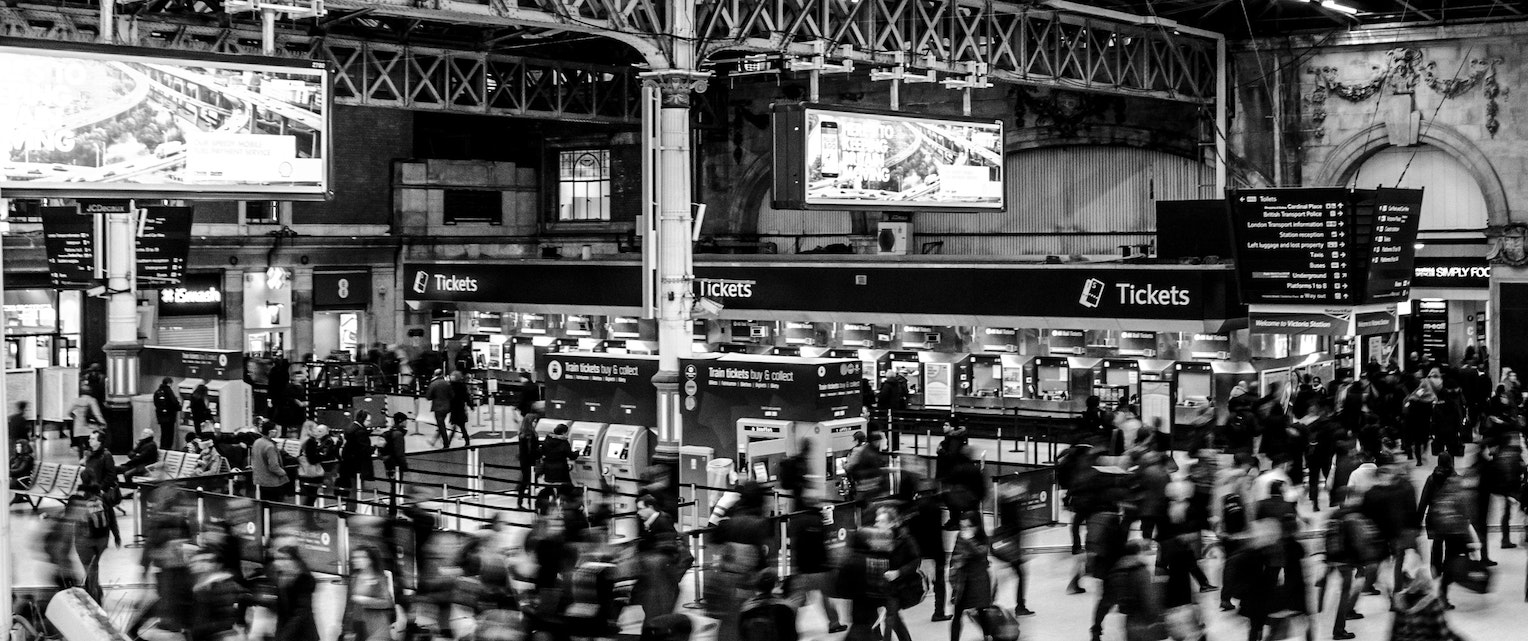The two economists Hayek and Keynes agreed on one thing. They both believed that ideas and the climate of opinion determined how politicians behaved. Indeed, the Institute of Economic Affairs was set up as a result of advice from Hayek. He told Antony Fisher that a body was desperately needed that would change the climate of opinion in Britain to promote the benefits of economic freedom, markets and stable prices.
This advice is still pertinent. Both Labour and Conservative politicians seem trapped by the prevailing wisdom that dictates that there needs to be more regulation and increased government spending and control of the economy. Few politicians are putting forward policies that suggest they believe that freedom and free markets really matter for prosperity and the quality of life.
It appears that politicians, civil society leaders and teachers are trapped in what philosopher Stephen Pinker described as the “psychology of moralisation” whereby people pretend that things are much worse than they are because it makes them look morally virtuous. On the other hand, to trumpet how global capitalism has begun to transform the world for the better makes people look morally disengaged and apathetic about the problems that remain.
It is this outlook which helps dictates the climate of opinion and thus, in turn, determines how politicians behave. Those who believe in a free and prosperous society should make the case for economic freedom, but they face an uphill battle.
And what is this case? For many in the world, the extension of globalisation has literally been a matter of life and death. In 35 years, the proportion of the world’s population that is living in extreme poverty has fallen from 44% to 10%. The global middle class is growing rapidly.
Only a generation ago, most of the world’s population lived one bad harvest away from starvation: today, most of the world’s population can meet basic needs and have a little left over. Inequality has been falling globally for 20 years – the first sustained fall in global inequality for over two centuries. Furthermore, health and literacy are improving dramatically.
Of course, over the long term, there have been huge improvements in living standards domestically driven by innovation and free-market capitalism. More recently, as regulation has increased in the last ten years and as regulation of the land-use planning system has bitten harder and harder, productivity has stalled. But the solutions to these problems can only come from lower taxes and less regulation.
Yet popular perceptions are very different – driven by teachers and civil society organisations who portray a bleak picture of our world. Students, potential voters and those who frame the policy debates accept the pessimistic narratives. In a recent Ipsos-Mori poll, 94% of British respondents under-estimated the proportion of girls finishing school in low-income countries and 91% believed that the proportion of people living in absolute poverty had increased or remained about the same.
Unsurprisingly, given this level of ignorance, only 7% of Britons believed that the world was getting better. In a different poll, graduates actually performed worse than non-graduates when answering many similar basic questions.
This problem extends more widely. Only 20% of the British population oppose renationalisation of the railways. And yet a huge proportion of the serious problems that create delays are caused by Network Rail which is the nationalised part of the railway industry. Should we not privatise that?
Good policy depends on a well-informed population. The contribution of business to the formation of the intellectual climate is important. Businesses have a social responsibility to ensure that they do not promote policies that lead to increased regulatory protectionism to reduce competition and, it can be argued, to ensure that the population in general – and opinion formers in particular – understand the importance of a free economy.
To that end, the IEA is sending our educational text, ‘An Introduction to Capitalism’ to all FTSE 350 CEO’s today, to help encourage them to make the moral and intellectual case for free-markets. After all, it is the process of globalisation and the development of something closer to a market economy that has promoted global prosperity. It is inhibitions on the operation of the market economy at home that means that income growth is stalling. Those who really care about the wellbeing of the people should be making that case.
Originally published on CAPX.








